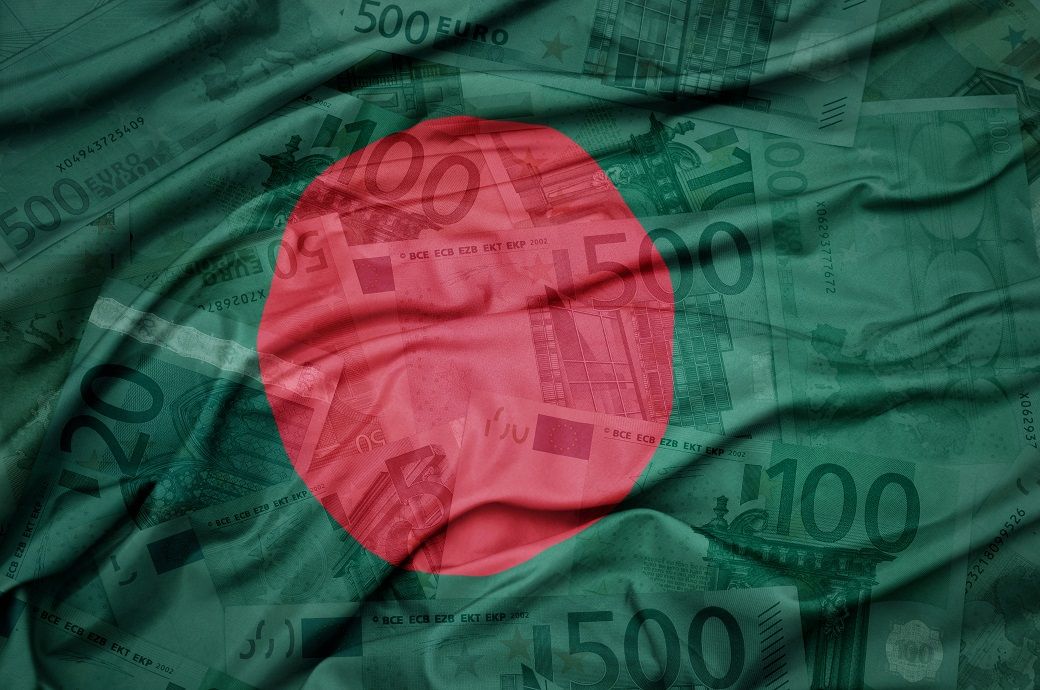
The country’s growth rate is expected to decelerate to 4.0 per cent in FY25, driven by subdued investment and industrial sector activities, before accelerating to 5.5 per cent in FY26 and returning to a robust growth trajectory, thereafter, as per the World Bank’s Bangladesh Development Update.
The update highlights that global and domestic factors have created a challenging macro-fiscal context for the country. Bangladesh is also facing an increasing income inequality, particularly in urban areas.
From 2010 to 2022, Bangladesh's Gini index—a measure of income inequality—increased by nearly three points from 0.50 to 0.53. The report highlights urgent and bold reforms that are necessary to help the country return to a strong, inclusive and sustainable growth path.
Abdoulaye Seck, World Bank country director for Bangladesh and Bhutan said: “Time and again, Bangladesh has shown extraordinary resilience and determination in the face of adversity. I am confident that with urgent and bold reforms to enhance economic and financial governance, improve business environment, Bangladesh can return to a strong and inclusive growth path, with millions of jobs for its youth.”
Inflation, driven by high food and energy prices, averaged 9.7 per cent in FY24. Inflation spiked in the month of July and moderated in August. It is expected to remain elevated in the near term, but gradually subside in the medium term if supply-side issues stabilize and prudent monetary and fiscal policies are maintained.
The fiscal deficit is estimated to have moderated marginally to 4.5 per cent of GDP in FY24 and is expected to remain within the government's target of 4.3 per cent of GDP in FY25, with fiscal space for productive expenditures increasing only gradually. The implementation of the annual development plan declined to 80.9 per cent in FY24 compared to 85.2 per cent in FY23.
The current account deficit narrowed to $6.5 billion in FY24, due to a contraction in imports and robust remittances. Remittances declined in July due to disruptions but rebounded. The balance of payments deficit also improved.
“Pressure on the external sector is expected to persist in FY25, easing later if global conditions improve and exchange rate flexibility increases,” said Dhruv Sharma, World Bank senior economist and co-author of the report.
The Bangladesh Bank implemented a crawling peg exchange rate system as a step towards a market driven exchange rate system in May 2024 which leads to a narrowing in the gap between the formal and informal exchange rates.
Fibre2Fashion News Desk (SG)